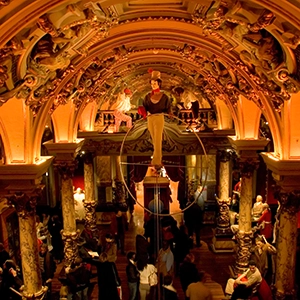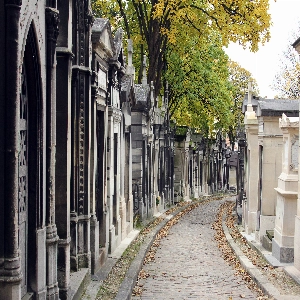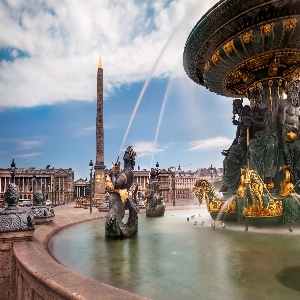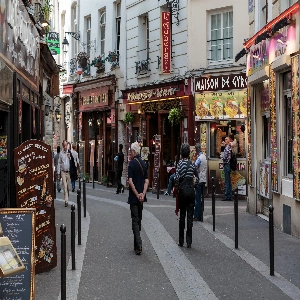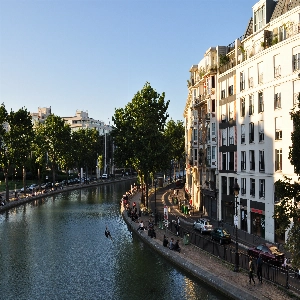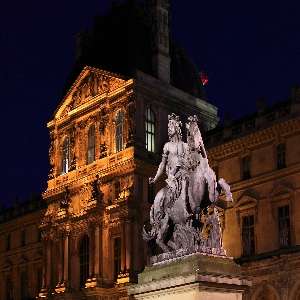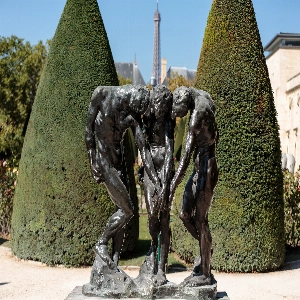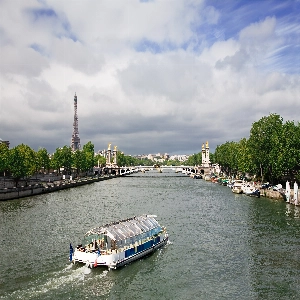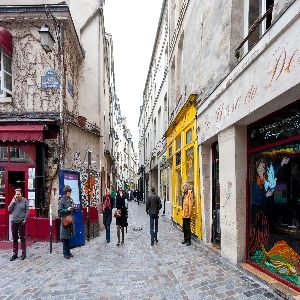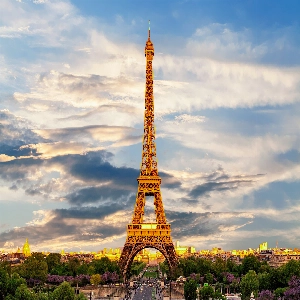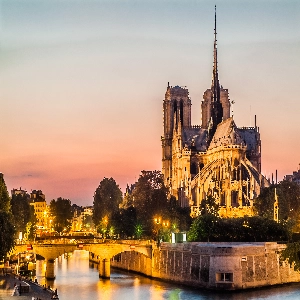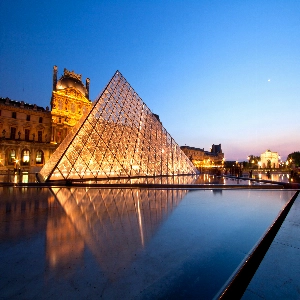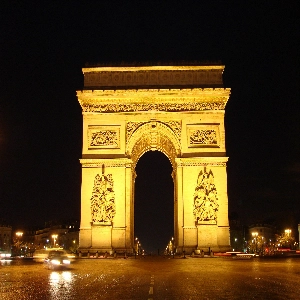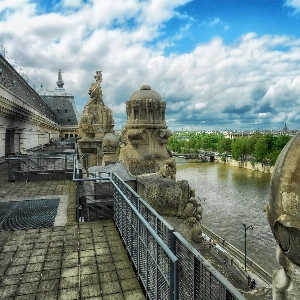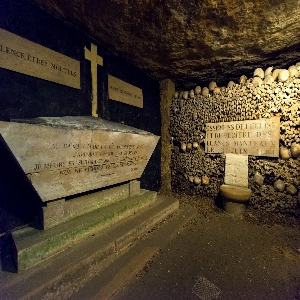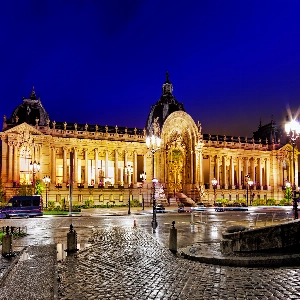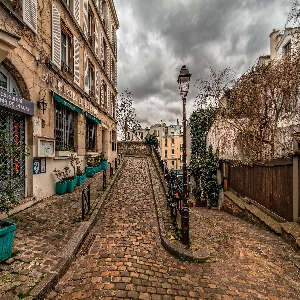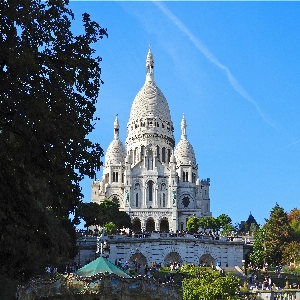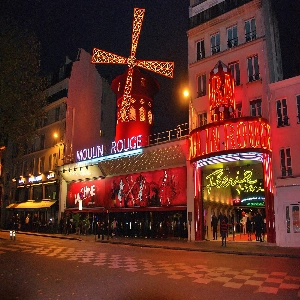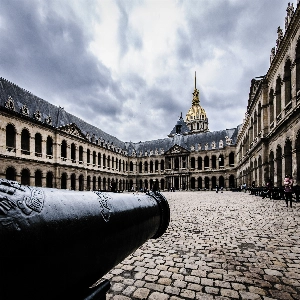The Cité Des Sciences Et De L'Industrie: A World Of Exploration And Innovation

The Cité des Sciences et de l'Industrie, located in Paris, France, is the largest science museum in Europe. Since its opening in 1986, it has been a major center for promoting scientific and technical culture and knowledge, striving to make them accessible to all visitors. The museum's primary objective is to encourage public interest in science and technology, educate the younger generation, and improve the general public's understanding of the scientific and industrial world. Its location within the Parc de la Villette, a vast cultural park, makes it a must-visit attraction for tourists and locals alike.
History of the Museum
The origins of the Cité des Sciences et de l'Industrie can be traced back to 1983 when Jean-Pierre Herve, the then Paris' counselor for cultural affairs, decided to propose a project called "Musée des Sciences" to President François Mitterrand. Herve wanted to create an interactive and educational museum that would attract both adults and children to learn about scientific and technical discoveries. With the President's support, the project was approved, and the Abattoirs de la Villette, a former slaughterhouse located on the outskirts of Paris, was chosen as the museum's location. Adrien Fainsilber, a well-known French architect, was tasked with designing the building. His futuristic, innovative, and environmentally friendly design mimicked a massive greenhouse-like structure with a vast glass facade, making ample use of natural light. This decision was made not only for aesthetic purposes but also to highlight the importance of sustainable and ecological practices in modern society.
The Museum's Architectural Design
The design of the Cité des Sciences et de l'Industrie reflects its mission of making science accessible to everyone. The museum's glass facade not only invites visitors in but also symbolizes the clarity and openness associated with scientific discovery. Fainsilber's design also incorporates several architectural elements that emphasize transparency, including the Explora exhibition area's three levels, interconnected by a series of ramps, and the generous use of glass throughout the building. Arguably the most impressive aspect of the building's design is the Geode, a large, reflective sphere made of polished stainless-steel triangles, designed by architect and engineer Gérard Chamayou. This striking structure was built to house the museum's Omnimax theater, which features a hemispherical screen that immerses viewers in breathtaking scenes of nature, space, and other awe-inspiring subjects, heightening their curiosity for scientific knowledge.
Explora: The Museum's Exhibition Space
Explora is the heart of the museum, where various exhibitions and displays encompassing a wide range of scientific and technical disciplines, await visitors. The space is divided into three levels, each designed to cater to different age groups and interests. The first level, named "Oh là là Science," is specifically designed for children aged two to seven years. Here, young visitors are encouraged to observe, touch, and manipulate exhibits to discover the wonders of science in an engaging, interactive environment. The second level is dedicated to showcasing the various branches of science and technology, including astronomy, biology, chemistry, and computer science. Through interactive displays, workshops, and multimedia presentations, visitors are encouraged to explore the mysteries of nature, the human body, the Earth, and the universe. The third level boasts the "Science Actualités" area, which highlights the latest scientific discoveries and technological advancements. News articles, videos, and interactive displays are regularly updated to help visitors stay informed about the ever-evolving world of science.
The Omnimax Theater
Housed within the iconic Geode, the Omnimax theater offers a truly immersive cinematic experience. With a screen that spans 180 degrees and covers 1,000 square meters, viewers are enveloped in stunning imagery accompanied by crystal-clear surround sound. The theater's programming focuses primarily on scientific and educational films that explore topics like outer space, underwater ecosystems, wildlife, and the environment. Occasionally, the Omnimax theater also presents feature films that delve into scientific or environmental themes.
La Cité des Enfants
La Cité des Enfants, or "Children's City," is an engaging and educational play area where children aged two to 12 can discover the wonders of science through fun, hands-on activities. Divided into two sections - one for children aged two to seven, and the other for aged five to 12, La Cité des Enfants offers a diverse array of learning opportunities. From water play and sensory experiences to construction activities and multimedia games, children are encouraged to develop their problem-solving skills, creativity, collaboration, and scientific curiosity in a safe and enticing environment.
Planetarium and Other Exhibitions
In addition to the Explora exhibition area and La Cité des Enfants, the Cité des Sciences et de l'Industrie boasts several other attractions like the Planetarium, where visitors can embark on an informative journey through the cosmos. The museum also hosts temporary exhibitions and workshops on various scientific and technical topics, offering visitors fresh experiences with each visit. Moreover, the Cité des Sciences et de l'Industrie partners with several research centers and universities to organize conferences, seminars, and educational events, ensuring that the museum remains an essential hub of science communication and learning in the heart of Paris.
With its striking architecture and captivating exhibits, the Cité des Sciences et de l'Industrie is a gem in the city of Paris, inspiring visitors to explore the vast universe of science, technology, and human ingenuity. As a learning center, the museum plays a crucial role in igniting curiosity and fostering a love of knowledge in both the young and old. A visit to this museum is not just an educational experience but also an unforgettable journey into a world where science truly comes to life.

